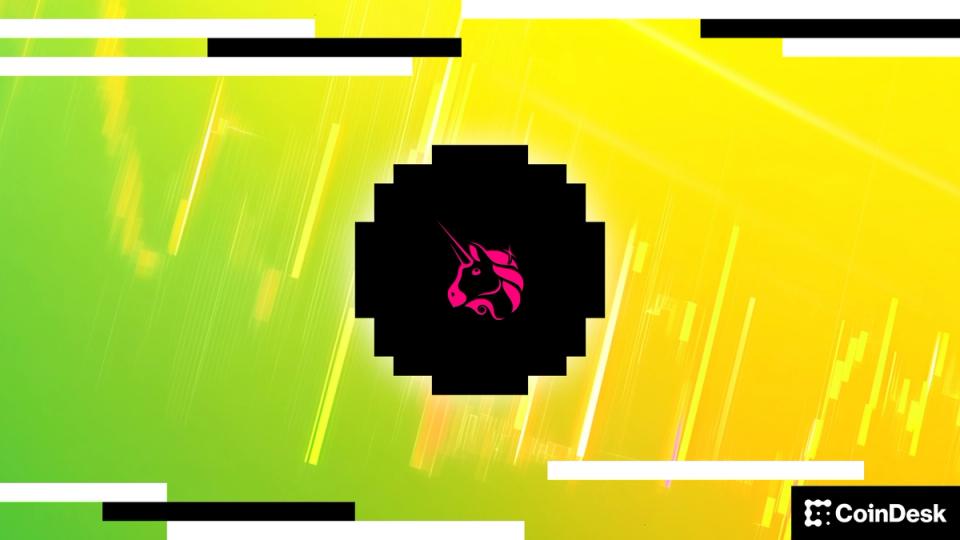Uniswap Labs and the Uniswap Foundation, two of the main firms that help govern the Uniswap protocol, are teaming up to propose a new comprehensive governance proposal that will completely change the way the ecosystem works today.
The proposal, called “UNIfication,” aims to align incentives across the Uniswap ecosystem and position the protocol as the default exchange for tokenized assets. It would do this by enabling protocol fees, burning millions of UNI tokens and consolidating the project’s key teams under a single growth strategy, according to a blog post dated Nov. 11 but briefly published on Nov. 10.
According to the proposal that DAO members will vote on, the protocol will redirect a portion of trading fees to a UNI burning mechanism, and fees from Uniswap’s layer-2 network, Unichain, will also flow into the burning.
Other features like Protocol Fee Discount Auctions (PFDA) would allow traders to bid for fee discounts, internalize MEV (maximum extractable value) and further boost the burning process, the team claims. In addition, Uniswap v4 would evolve into an onchain aggregator that collects fees from external liquidity sources through new “hooks”.
Uniswap Labs also proposed a retroactive burn of 100 million UNI from the treasury, which the team claims would be equivalent to the amount that could have been burned if protocol fees had been active since launch.
The changes related to Uniswap’s tokenomics are not the only restructuring happening in the ecosystem. Uniswap Labs, which is the main developer company supporting the Uniswap protocol, will absorb the Uniswap Foundation ecosystem teams. Co-founders Hayden Adams, Devin Walsh and Ken Ng, along with Callil Capuozzo and Hart Lambur, will sit on a five-member board overseeing the new structure, the proposal said.
Uniswap Labs will also pivot away from monetizing its products, including the Uniswap interface, wallet and API, and instead focus solely on protocol growth. Fees on these products will be set to zero, with all future monetization directly tied to the interests of UNI holders.
“These products already drive significant organic volume to the protocol. Removing fees makes them even more competitive and brings in more high-quality volume and integrations, leading to better results for LPs and the entire Uniswap ecosystem,” the teams wrote in their press release.
Furthermore, the team proposes that Uniswap’s management create an annual growth budget of 20 million UNI, starting in 2026, distributed quarterly.
If UNIfication is adopted, it will mark the most significant evolution of Uniswap’s governance and finances since its token launch in 2020.
Read more: Uniswap Labs Officially Launches Layer-2 ‘Unichain’



